- Free schools for IDP children in Arakan State struggle to stay open amid funding shortfall
- Female-headed IDP households in Ponnagyun Twsp struggle as commodity prices surge
- Min Aung Hlaing likely to take State Counsellor role in post-election government formation: Analysts
- Hindus express hope for educational reform under AA administration
- Arakanese zat pwe performers struggle to survive as conflict halts traditional shows
Hearing postponed again due to plaintiffs’ absence in Arakanese activist’s incitement trial
The plaintiffs were scheduled to appear before the Sittwe Township Court at the hearing on November 13, but proceedings were put off until the next court hearing on November 28 after the plaintiffs failed to appear.
14 Nov 2023

DMG Newsroom
14 November 2023, Sittwe
The plaintiffs in the case against Daw Nyo Aye of the Rakhine Women’s Network (RWN), who has been charged with incitement under Section 505(b) of the Penal Code, could not attend a court hearing on Monday, with the hearing postponed for the fifth time, according to family members.
The plaintiffs were scheduled to appear before the Sittwe Township Court at the hearing on November 13, but proceedings were put off until the next court hearing on November 28 after the plaintiffs failed to appear.
“Five out of seven prosecution witnesses in the case of Daw Nyo Aye have been examined. The two plaintiffs failed to appear before the court,” said Daw Saw Mya Thardar, the daughter of Daw Nyo Aye.
A prominent women’s advocate, Daw Nyo Aye was taken from her home by police on August 15 for questioning over an event in Sittwe held two days earlier to celebrate the anniversary of “rice crisis day” in Arakan State. The head of Sittwe’s No. 1 police station filed a lawsuit against her under Section 505 of the Penal Code.
Daw Nyo Aye has high blood pressure as well as fatty liver disease and her health condition is critical, so she sent a letter to the township Prisons Department on October 22 seeking medical treatment, but she has not received medical treatment for about a month, Daw Saw Mya Thandar added.
“She sent a letter to the township Prisons Department on October 22 to get medical treatment. We were not allowed to meet her. All her medical records were also taken by prison officials. I want my mother to get proper medical treatment,” she explained.
Lawyers say that any individual facing prosecution is considered innocent until proven guilty, and has the right to medical treatment and access to family members in prison.
U Myat Tun, director of the Rakhine Human Rights Defenders and Promoters Association, said that denying Daw Nyo Aye medical treatment is a clear human rights violation.
“There are 12 standards that prison officials must follow. Among them is to provide healthcare to prisoners. If these are not followed, the prison officials are in violation of human rights,” he said.
The Prison Manual stipulates that every inmate has the right to receive appropriate healthcare while incarcerated and is entitled to a prison visit once a week.




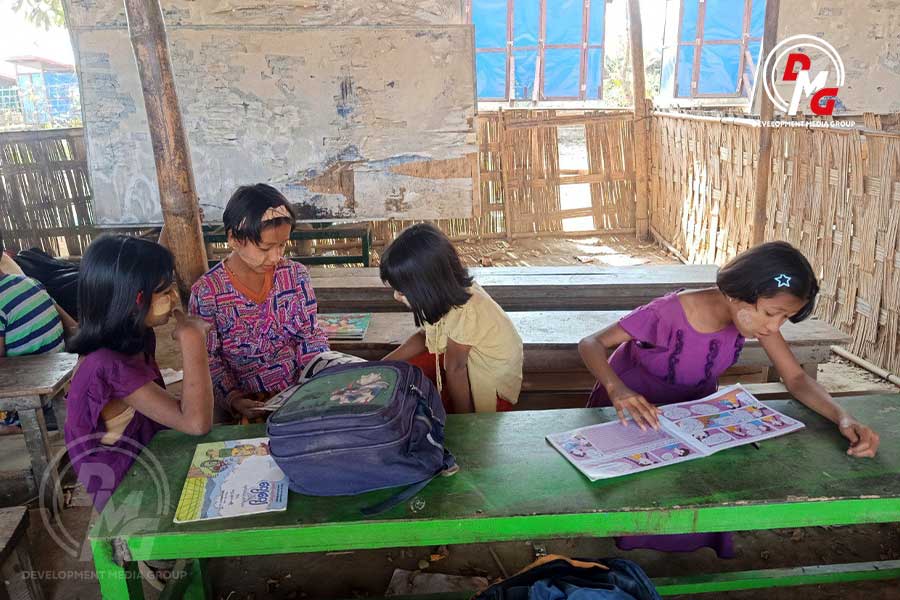
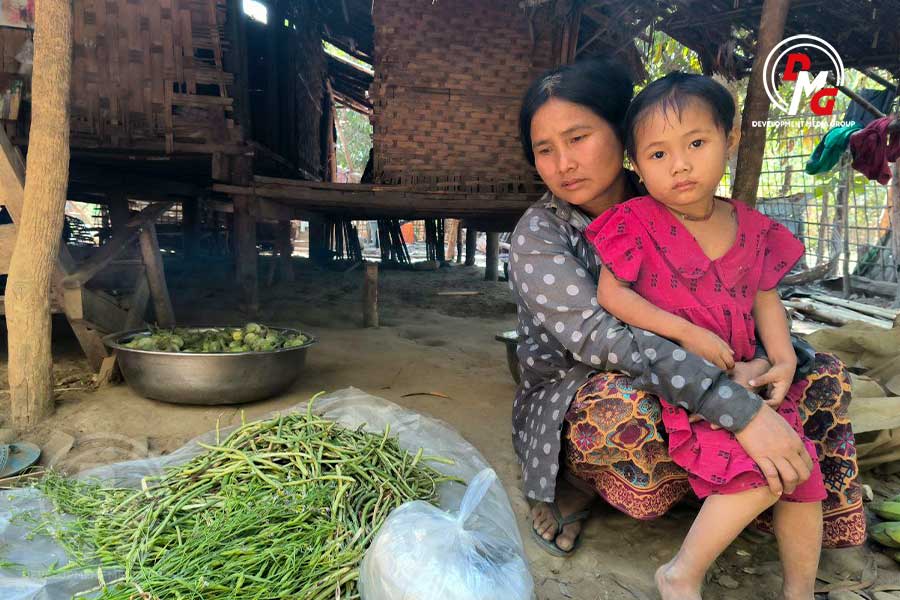
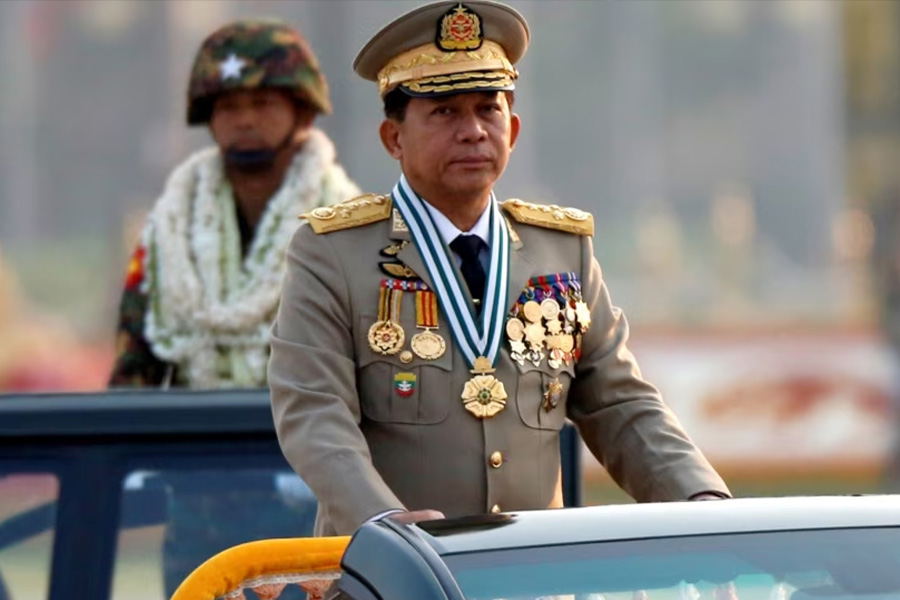
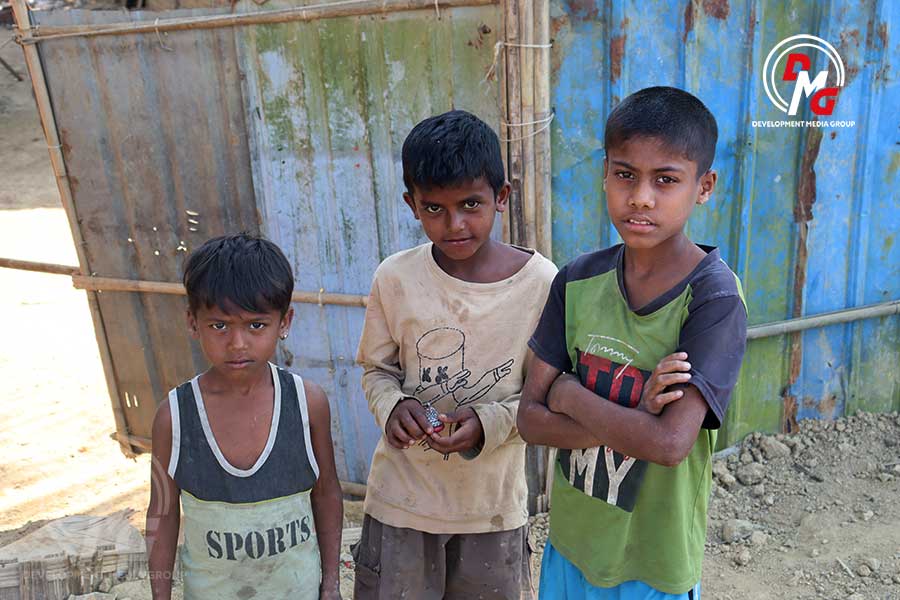
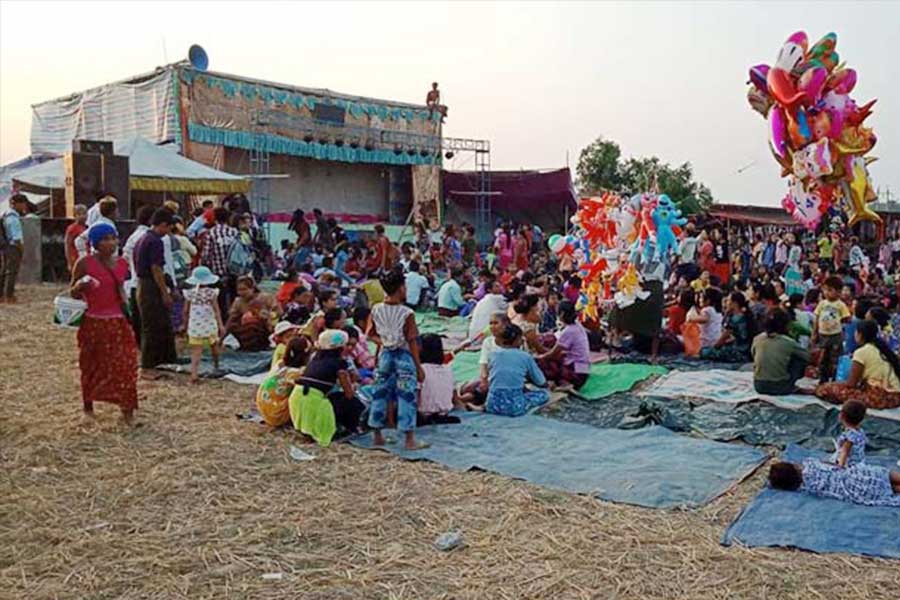








.jpg)